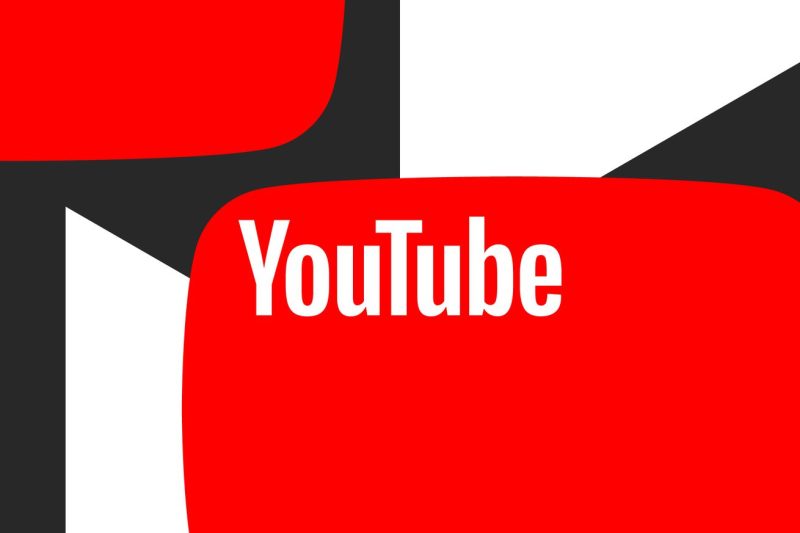YouTube’s Move Towards AI-Generated Music and Its Impact on Record Labels
In recent years, the music industry has seen a significant shift towards technology-driven solutions. YouTube, one of the world’s leading online video platforms, is now exploring the realm of artificial intelligence-generated music through potential deals with major record labels. This move signals a potential revolution in the way music is created, consumed, and distributed, with far-reaching implications for both artists and record labels.
AI-generated music has the potential to disrupt the traditional music production process by offering a new avenue for creativity and innovation. By leveraging advanced algorithms and machine learning techniques, AI can compose original music pieces that cater to various genres and styles. This opens up endless possibilities for musicians and content creators to experiment with new sounds and compositions, ultimately broadening the scope of musical expression.
While AI-generated music presents exciting opportunities for artists, it also poses challenges for record labels. The traditional music industry model revolves around signing artists, producing albums, and promoting their work to generate revenue. With AI-generated music, the need for human artists could potentially diminish, leading to questions about the role of record labels in this new landscape.
Furthermore, AI-generated music raises concerns about copyright and intellectual property rights. Who owns the rights to a piece of music composed by an algorithm? How can artists and record labels protect their work in an era where machines are capable of producing original content? These questions highlight the need for clear regulations and guidelines to govern the creation and distribution of AI-generated music.
Despite these challenges, YouTube’s foray into AI-generated music represents a strategic move to stay ahead of the curve in the evolving music industry. By forming partnerships with major record labels, YouTube aims to leverage its vast user base and sophisticated algorithms to create a seamless platform for AI-generated music content. This could potentially drive more traffic to the platform and boost engagement among users seeking innovative and unique music experiences.
Additionally, the collaboration between YouTube and record labels could lead to the development of new revenue streams and business models. By monetizing AI-generated music content through advertising, subscriptions, or licensing deals, both parties stand to benefit financially from this emerging trend. This symbiotic relationship between technology platforms and record labels could pave the way for a more dynamic and sustainable music ecosystem.
In conclusion, YouTube’s exploration of AI-generated music marks a pivotal moment in the evolution of the music industry. As technology continues to reshape the creative landscape, both artists and record labels must adapt to these changes and embrace new opportunities for growth and collaboration. By embracing AI-generated music, the industry can unlock new levels of creativity, engagement, and revenue generation, ultimately shaping the future of music in the digital age.
